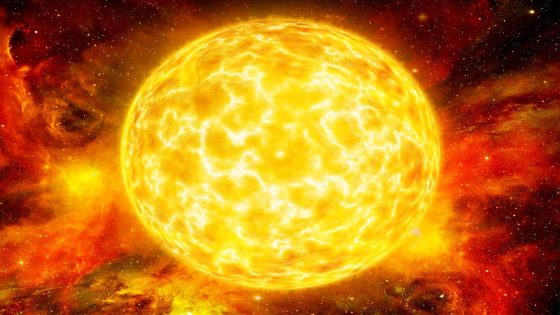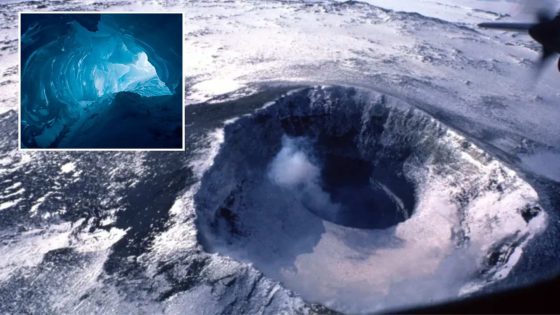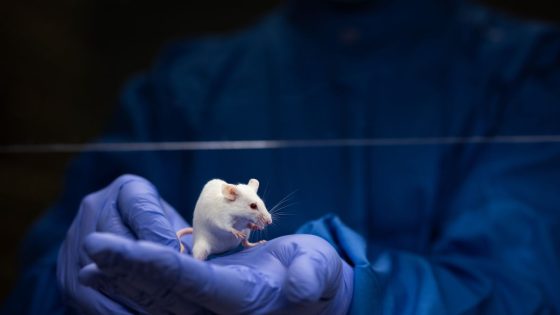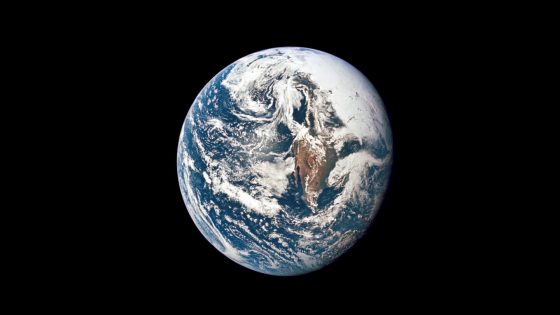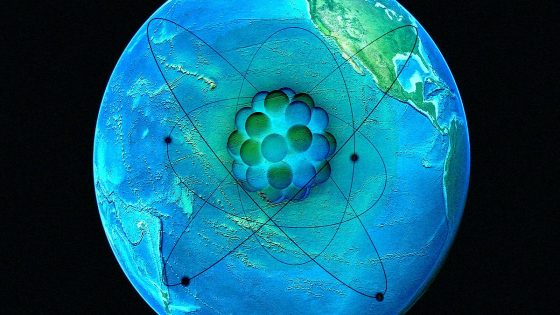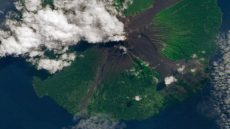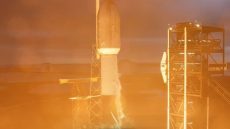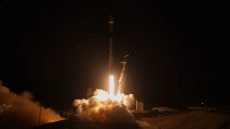As plans for human missions to Mars accelerate, an unexpected threat looms: Martian dust. Recent studies reveal that this fine, toxic dust could harm astronauts’ health during long missions on the Red Planet. How can we protect future explorers from this hidden danger?
- Martian dust poses health risks to astronauts.
- Toxic particles include silicates and perchlorates.
- Historical Apollo missions highlight similar concerns.
- Dust storms increase exposure risks on Mars.
- Protective strategies are needed before missions.
- Iodine supplements may support astronaut health.
Understanding the Health Risks of Martian Dust for Astronauts
What makes Martian dust so dangerous? Recent research indicates that the dust on Mars contains toxic substances that could pose serious health risks to astronauts. As we prepare for potential missions to the Red Planet, understanding these risks is crucial.
Key Components of Martian Dust and Their Health Implications
The dust on Mars is not just ordinary soil; it contains a mix of hazardous materials. Scientists have identified silicates, iron oxides, and perchlorates, among other toxic substances. These materials can cause long-term health issues, including:
- Respiratory problems from inhaling fine dust particles.
- Thyroid dysfunction linked to perchlorates.
- Potential scarring of lung tissue similar to silicosis.
- Increased risk of anemia due to chemical exposure.
Historical Lessons from Apollo Missions on Dust Exposure
Drawing from past experiences, researchers note that Apollo astronauts faced respiratory issues due to lunar dust. This historical context emphasizes the importance of addressing dust-related health risks as we plan for Mars missions. The fine size of Martian dust allows it to bypass natural lung defenses, making it a significant concern for astronauts.
Proposed Solutions for Protecting Astronauts from Martian Dust
To mitigate the dangers of Martian dust, scientists suggest developing protective strategies before missions begin. Potential solutions include:
- Implementing custom filtration systems to capture ultra-fine dust.
- Providing iodine supplements to support thyroid health.
- Creating dust-resistant spacesuits to minimize exposure.
- Conducting further research to understand long-term effects.
As we look to the future of space exploration, addressing the health risks posed by Martian dust is essential. By preparing now, we can ensure the safety and well-being of astronauts venturing into the unknown.





